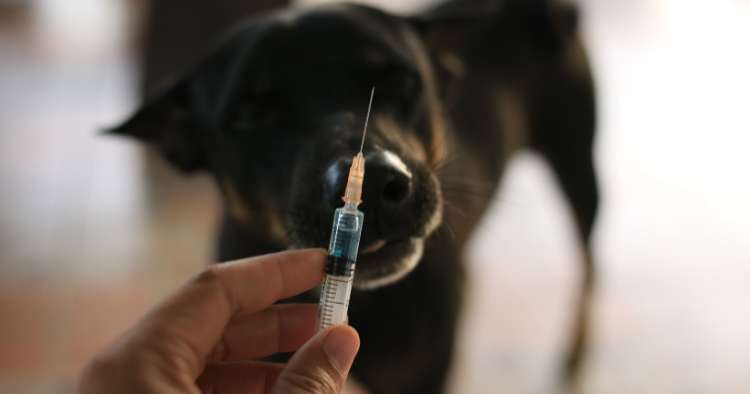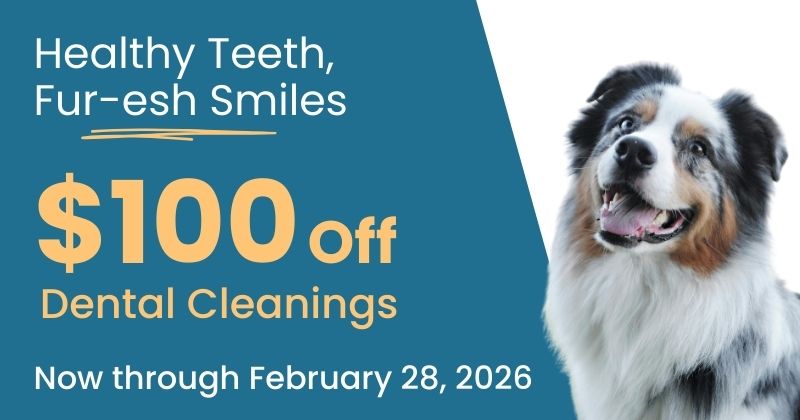
Vaccinating your pet is a crucial step in safeguarding their health. Vaccines not only prevent many life-threatening diseases but also help protect against illnesses common in wildlife and some that can be transmitted to humans. Early vaccinations, especially in puppies and kittens, are essential as their young immune systems are still developing and need support to stay strong and healthy.
While all medical treatments carry some level of risk, the benefits of vaccinations far outweigh the rare chance of side effects, which are usually mild and brief if they occur. Your vet will provide guidance on what to monitor after vaccination.
Below are the most common vaccines administered. Our veterinarian will work with you to create a vaccination plan tailored to your pet’s unique needs.
When puppies and kittens are born, their immune systems are not yet fully developed, leaving them vulnerable to infections. Fortunately, nature provides an early line of defense: during the first few days after birth, the mother produces a special milk called colostrum, which is rich in antibodies. As the babies nurse, they absorb their mother’s immunity through this milk. After the first couple of days, the milk changes, and the baby’s intestines stop absorbing these external antibodies, making those early days critical in establishing initial immunity until their own immune systems can take over.
The duration of this maternal immunity varies by individual and depends on factors like birth order and nursing quality. These antibodies wear off at different rates depending on the disease, but generally, by 14-20 weeks, maternal antibodies have disappeared, and the puppy or kitten must rely on its own immune system.
While maternal antibodies are active, any vaccines given may be blocked, preventing them from taking full effect. To ensure protection, puppies and kittens receive a series of vaccines scheduled to end when they’re ready to respond independently. Delaying all vaccinations until this point would create a window of vulnerability if maternal immunity fades early.
We recommend beginning the vaccine series at six weeks of age, with boosters every three weeks. This intermittent schedule maximizes the chance of early protection. For any disease-specific vaccine, even for adults, an initial series of at least two doses is recommended, as the second dose strengthens the immune response significantly.
Learn more about our veterinary care for your new puppy or kitten.

Dental health is a key part of your pet’s overall well-being — and now’s the perfect time to schedule:
Call (770) 385-8181 to schedule today!

Choosing a Pet Prime® Membership helps ensure that your pet receives regular immunizations to protect against these serious, and sometimes deadly, diseases.
A membership includes the vaccinations your pet needs, including required boosters, plus:
If you’d like to contact us, call us at (770) 385-8181 or request an appointment online.
Follow us on social media: